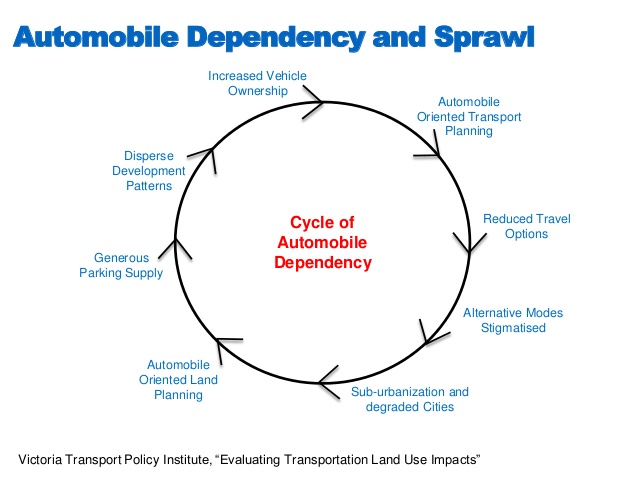I'm on a bit of a mission this year to bring back the spirit of the old web. The creativity and flair of the late 90s and early 2000s. Back then, there were no rules – you put whatever you wanted on a webpage, because it was your space to do as you please.
And for a whole generation of internet users, having a website was the cool thing to do. It's just what you did back then. We're talking pre-social media, pre-web 2.0 – the good old fashioned static personal home page.
Sites like Geocities, Angelfire, Tripod and Expage offered free static hosting for all, and the number of personal websites boomed. Some hosts offered drag-and-drop website builders so you didn't even have to learn HTML.
We might …

